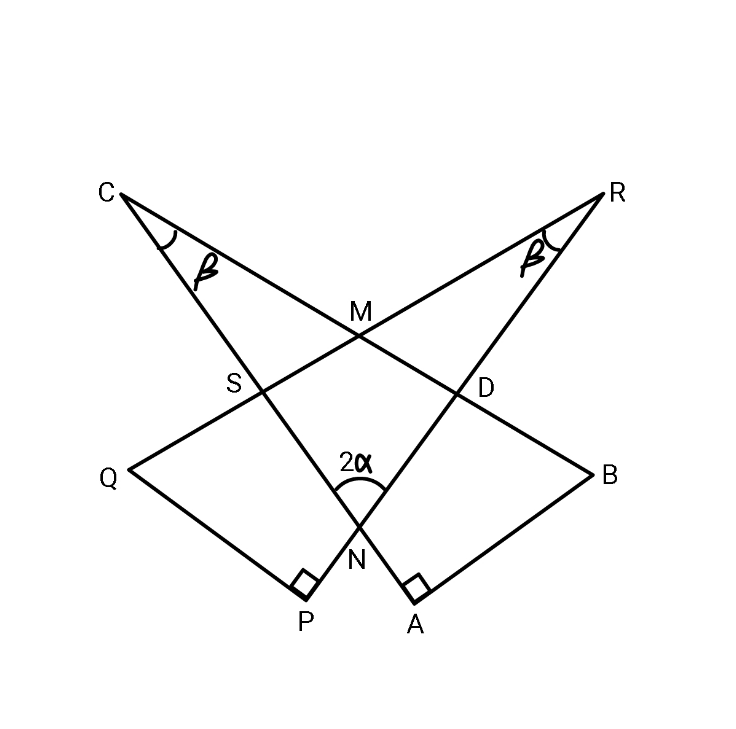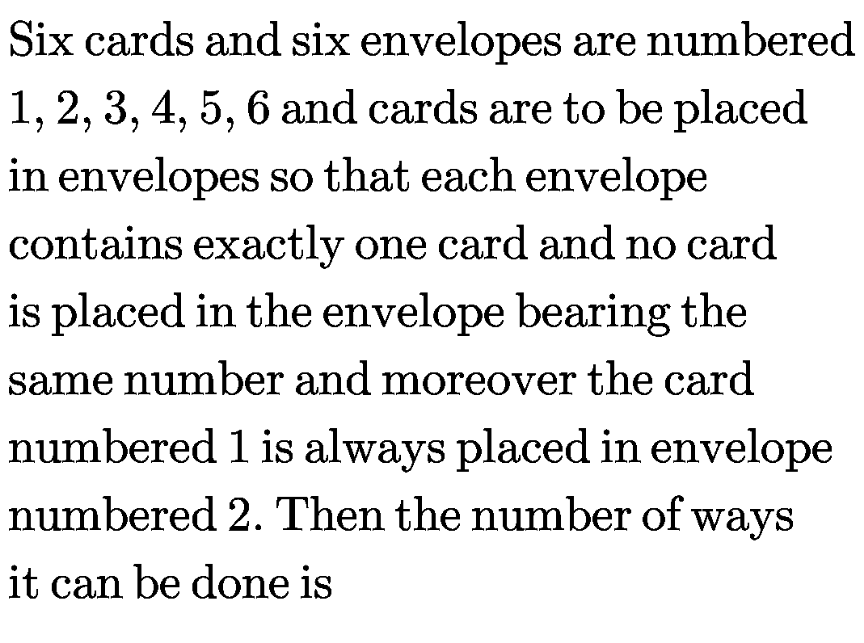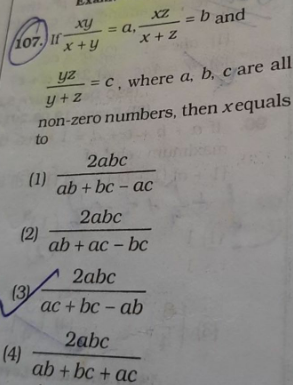
AllQuestion and Answers: Page 1142
Question Number 104199 Answers: 2 Comments: 0
Question Number 104197 Answers: 2 Comments: 0
Question Number 104201 Answers: 0 Comments: 0
Question Number 104191 Answers: 1 Comments: 0
Question Number 104190 Answers: 3 Comments: 1
Question Number 104187 Answers: 2 Comments: 0
Question Number 104181 Answers: 1 Comments: 0
Question Number 104180 Answers: 0 Comments: 0

Question Number 104178 Answers: 3 Comments: 0
Question Number 104174 Answers: 2 Comments: 0
Question Number 104173 Answers: 0 Comments: 0
Question Number 104171 Answers: 0 Comments: 1
Question Number 104165 Answers: 0 Comments: 1

Question Number 104157 Answers: 2 Comments: 1

Question Number 104155 Answers: 0 Comments: 3

Question Number 104134 Answers: 2 Comments: 0
Question Number 104132 Answers: 0 Comments: 0
Question Number 104141 Answers: 1 Comments: 0

Question Number 104139 Answers: 2 Comments: 1
Question Number 104122 Answers: 1 Comments: 0
Question Number 104115 Answers: 1 Comments: 0

Question Number 104110 Answers: 1 Comments: 0
Question Number 104101 Answers: 1 Comments: 2

Question Number 104100 Answers: 3 Comments: 0
Question Number 104099 Answers: 0 Comments: 0

Question Number 104333 Answers: 2 Comments: 0
Pg 1137 Pg 1138 Pg 1139 Pg 1140 Pg 1141 Pg 1142 Pg 1143 Pg 1144 Pg 1145 Pg 1146
